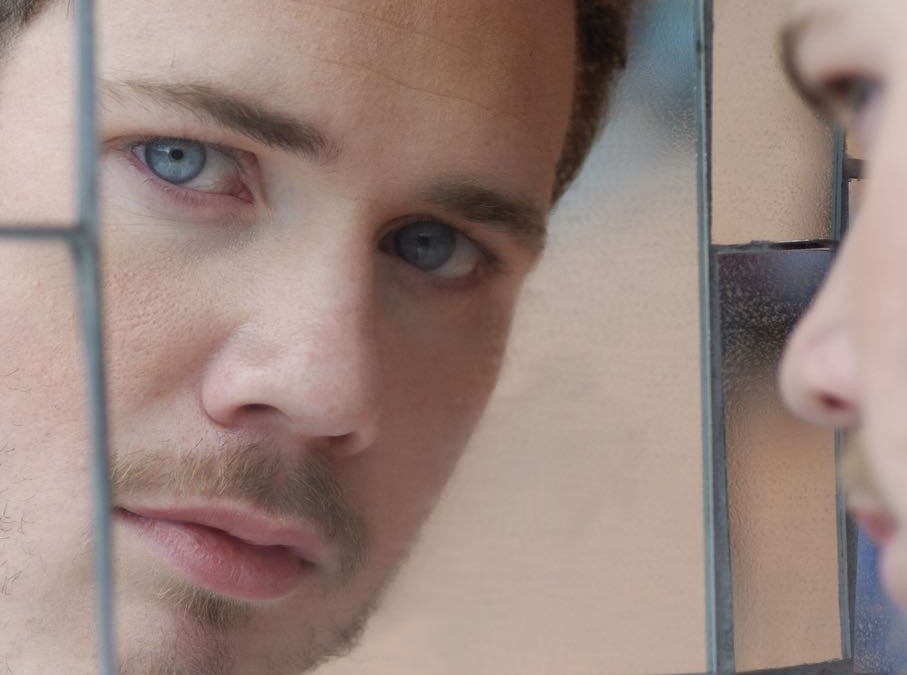
by Maureen Steele | Nov 7, 2016 | Influencing Skills, Interpersonal Communication, Presentations And Public Speaking, Skills For Personal Business Success
In this 2009 video Sheryl Sandberg, American technology executive, activist, and author reflects on the importance of authentic communication when it comes to being successful. In her view (and we tend to agree), your expertise alone will not get you to where you want...

by Maureen Steele | Nov 7, 2016 | Influencing Skills, Interpersonal Communication, Personal Mastery, Personal Presence
The word authentic carries with it a number of meanings and implications. First of all, authentic literally translates to “real” or “genuine”. Philosophically and psychologically speaking, it is a term used to describe the degree to which a person is true to his or...

by Maureen Steele | Jun 30, 2016 | Communication Essentials, Influencing Skills, Interpersonal Communication
Words not only express ideas and contain information but many also transmit emotion. Just try reading the words below, one line at a time and see how they make you feel. Happiness Healthy Success Celebration Misery ...

by Maureen Steele | Jun 30, 2016 | Influencing Skills, Interpersonal Communication
Metaphors and analogies are very powerful tools in communication. If you can encourage people not just to hear you but to see, feel and experience what it is you are talking about then your message will be stronger. This kind of enhancement also means that listeners...

by Maureen Steele | Jun 30, 2016 | Influencing Skills, Interpersonal Communication
When your goal is to be influential and get people on your side, choosing your words carefully is critical if you want to shape the way people respond to you. Careful repackaging of words and expressions that for some could have negative connotations is a skill that...

by Maureen Steele | May 7, 2012 | Influencing Skills, Interpersonal Communication, Training Box Occasional Blog
During a briefing session with a client last week to prepare for a presentation training programme for his team, I asked the question, “What should the participants be able to do (or do better) after the training, that they cannot currently do?” His answer was that...







